
The power of the ‘in-between’ time
Part of Life was thrilled to be invited to a special The Power of Liminal Time workshop, aimed at understanding why men are reticent to attend such workshops.
This blog is a personal journey, offering a white male perspective on the session that is in no way meant to lessen any other experiences.

Mother’s Day and grief
Mother’s Day can be a difficult time for many. There are those who are grieving for their mothers and mothers who are grieving for their children.
Coping on Mother’s Day when you have experienced a loss may seem unfathomable, but we hope that these suggestions on how to manage the day may offer some comfort.

Books for children and young people – World Book Day
We know that death and dying is a taboo topic for most adults, but this is especially the case when communicating it to children and young people. To mark World Book Day on 6 March, Part of Life guest blogger, Amy Jackson, explores some of the most popular children’s books on death, dying and grief.
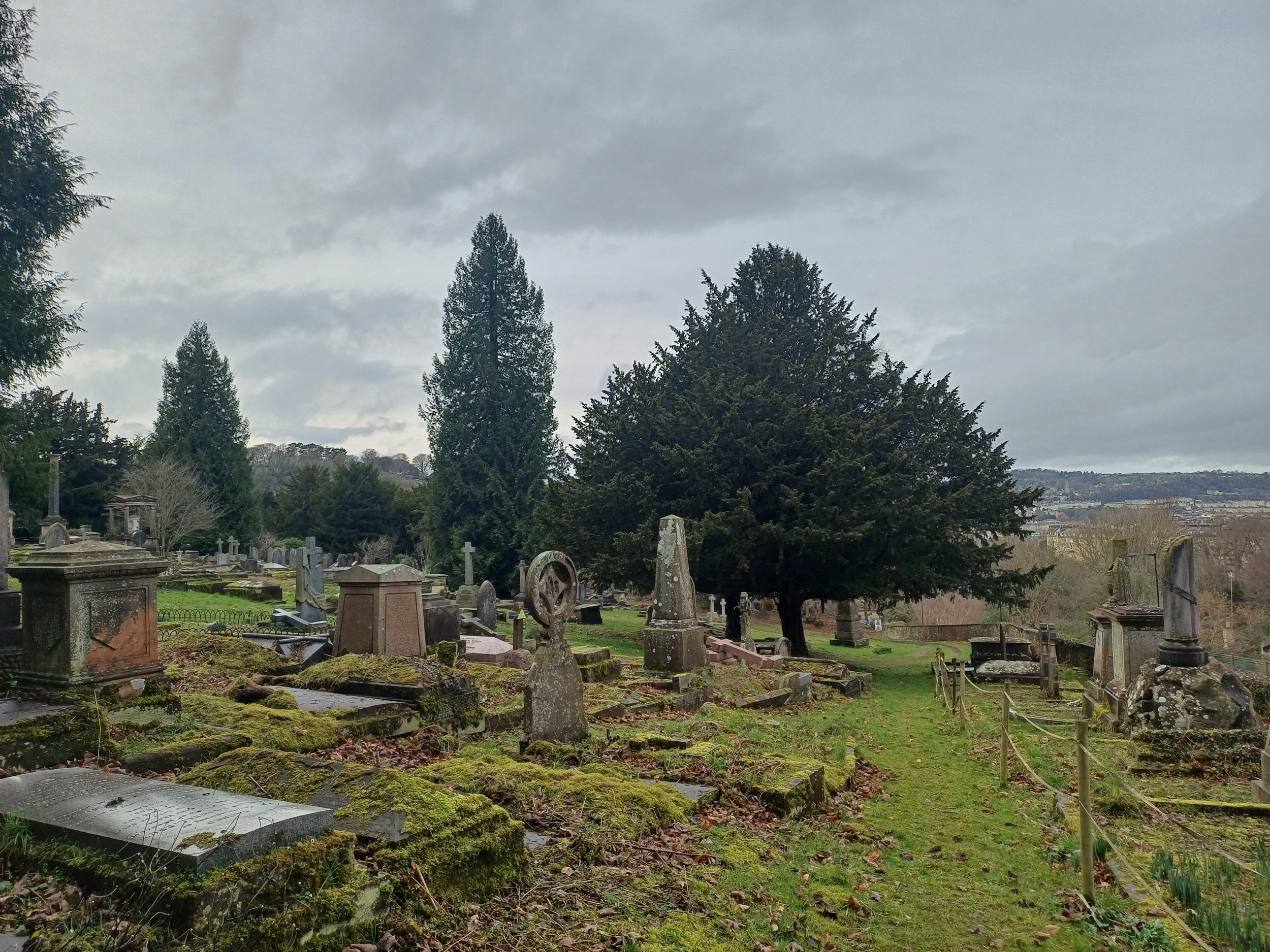
Grave iconography – decoding a Victorian cemetery
If you’ve ever taken a stroll around a cemetery you may notice a cornucopia of symbolism surrounding you. Each of the symbols you find on headstones is rich in meaning, but if you’re unfamiliar with them, may need decoding. Read Anna McGrail’s blog to discover more about cemetery symbolism.

Film review – We Live in Time
Released in UK cinemas earlier this month, We Live in Time stars Andrew Garfield and Florence Pugh in a romantic comedy-drama that explores love, life and loss. In her latest blog for Part of Life, Amy Jackson reviews the film, looking at the emotional themes involved and how they are portrayed and the important questions it raises about mortality and memory.
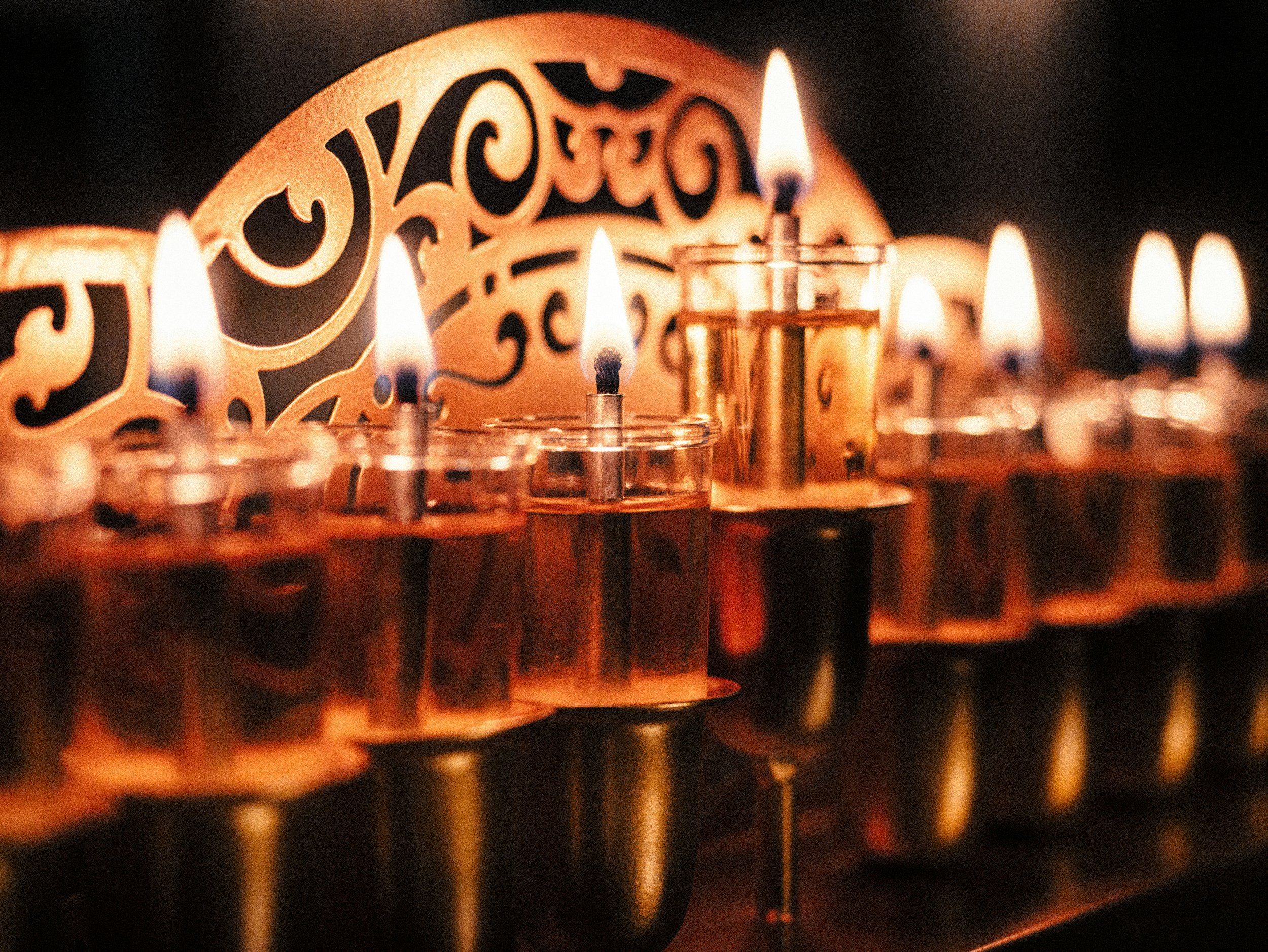
How do different religions view death and dying?
Religion and spirituality are something many people will think about when faced with mortality, whether a person has been given a terminal diagnosis, is approaching the end of their life, or has experienced a bereavement. In her latest blog for Part of Life, guest blogger Amy Jackson delves in to religious beliefs around death and dying.
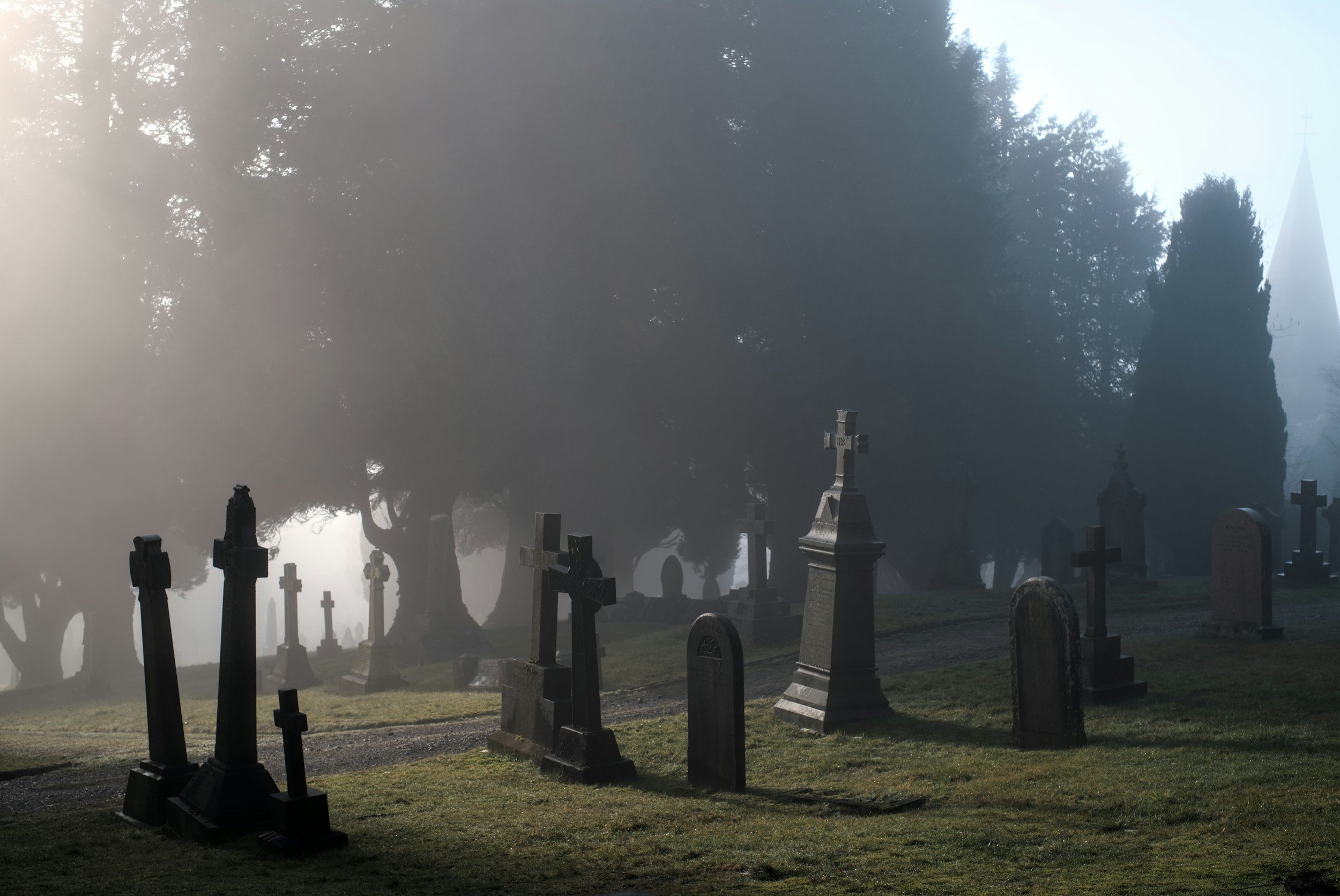
Reuse of graves in the UK: sacrilegious or pragmatic?
The UK is experiencing a shortage of burial space, particularly in urban areas. The Law Commission has proposed changes to the law to allow the reuse of graves to address this issue. So what does grave reuse entail? And what are the proposed changes? And is this really a new idea at all?

Cherished Moments: How to Make Memories That Last a Lifetime
While we all know it’s important to build lasting memories with those we love, sometime it’s difficult to know how to achieve this.
For guest blogger, Rosie Buckley, this is a subject close to her heart, and here she offers some wonderful tips to help make memories you will cherish long after they have gone.
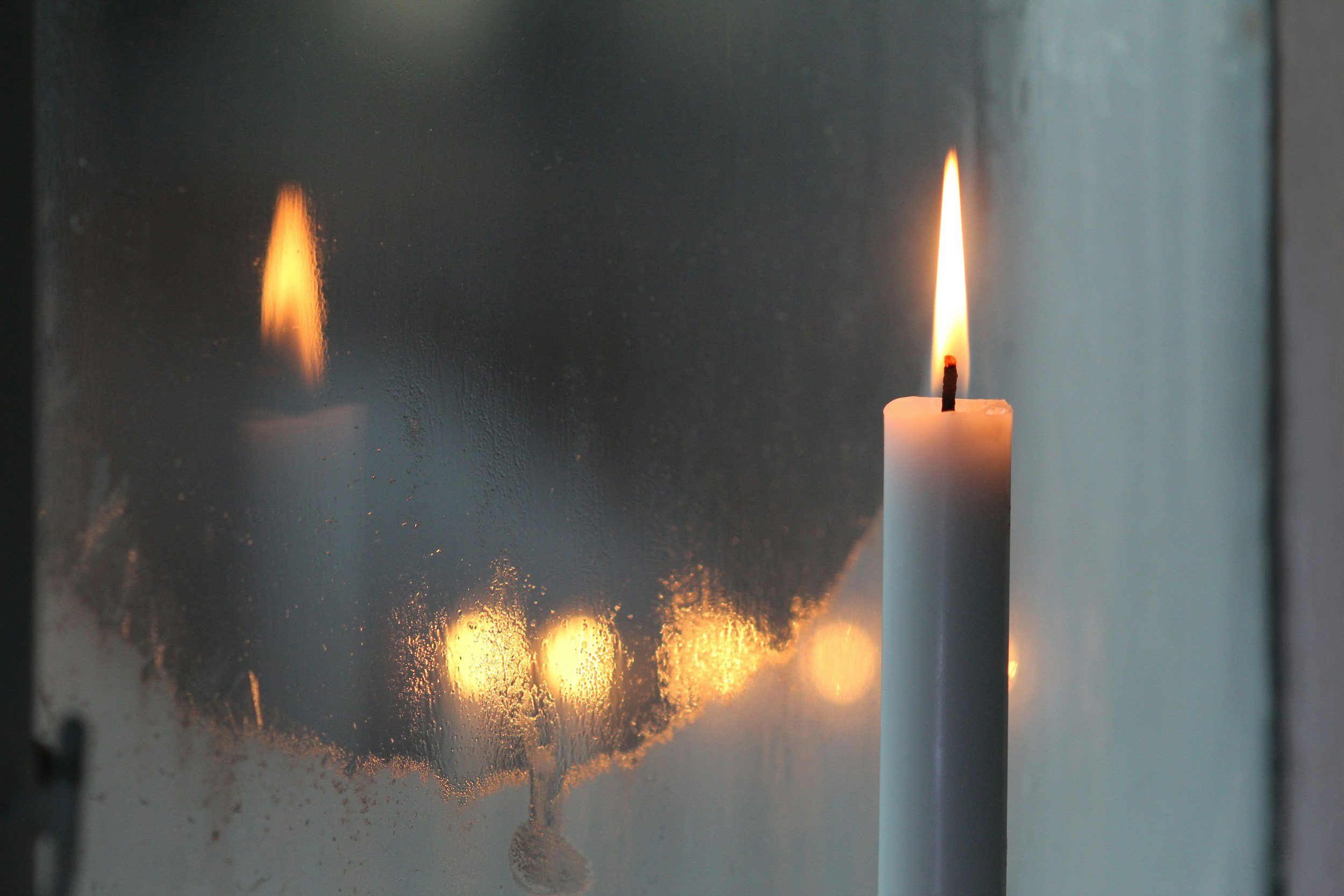
Grief support
We have pulled together a list of grief and bereavement resources that you can turn to when you need support and to find some calm and solace.

National Grief Awareness Week 2024: Six Ways to Support Someone Who is Grieving
The 2nd to 8th of December marks National Grief Awareness Week 2024. We spoke to Part of Life guest blogger, Amy Jackson, about how best to offer support to someone who is grieving.
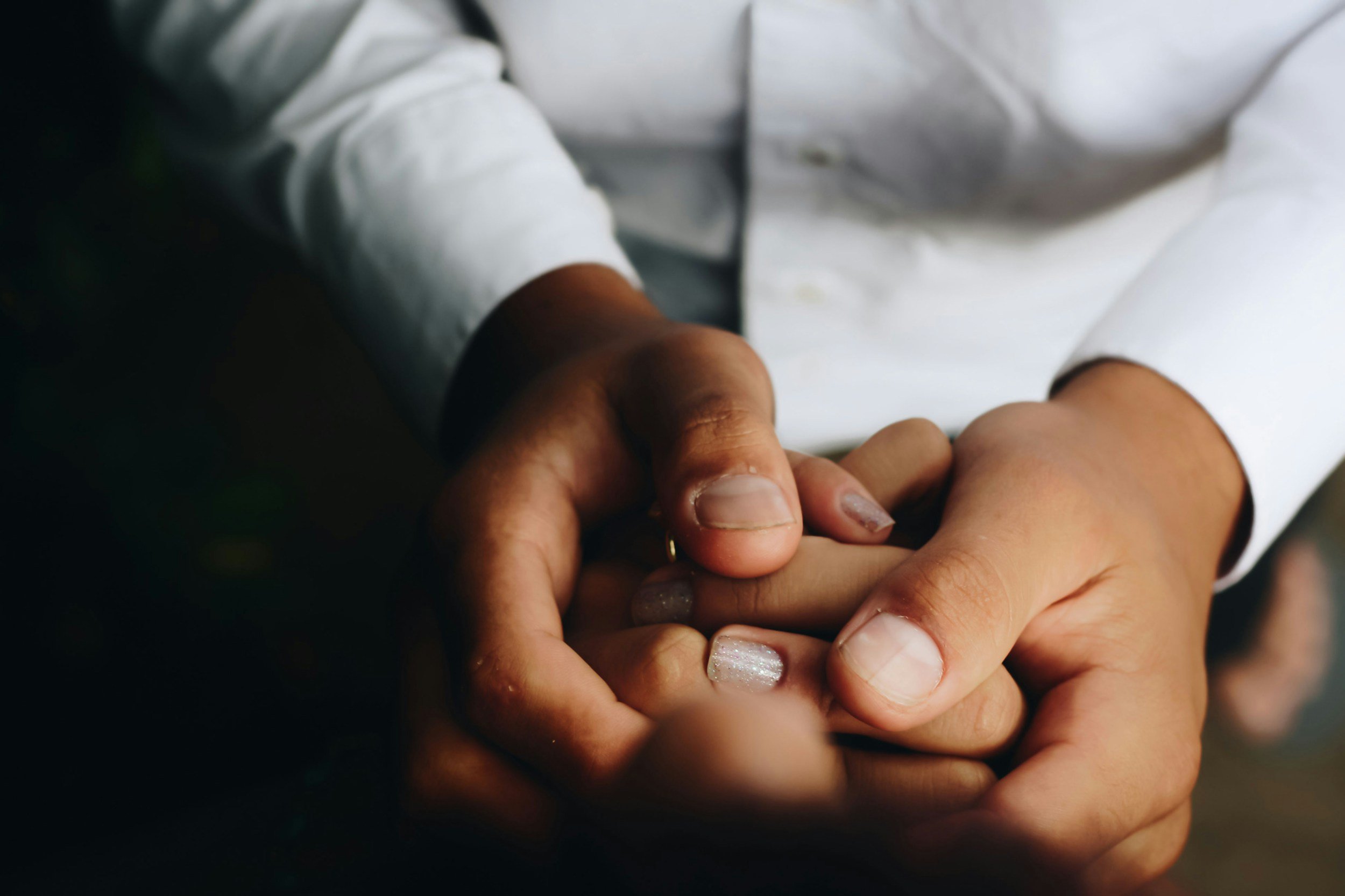
Assisted dying in the UK: compassion or manslaughter?
As MPs voted in favour of Kim Leadbeater’s Private Member’s Bill on Assisted Dying, we delve deeper into the issues of assisted dying and explore opinions on both sides of the debate.

The Grief Self-Care Guide
To mark National Self-Care Week, we asked guest blogger, Amy Jackson, for her tips on how she took care of herself after experiencing a number of bereavements. Her Grief Self Care Guide provides simple and accessible tips to help adjust to life without loved ones and to improve wellbeing.

A Halloween Ode to Brompton Cemetery
Inspired by a Halloween stroll around Brompton Cemetery, London, Part of Life penned a poem to shine a light on the beauty to be found behind cemetery walls.
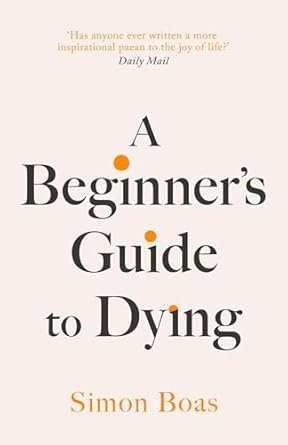
Book review: A Beginner’s Guide to Dying
A beginner’s Guide to Dying, a review of Simon Boas’s acclaimed and inspiring end of life journey, by James Byron.
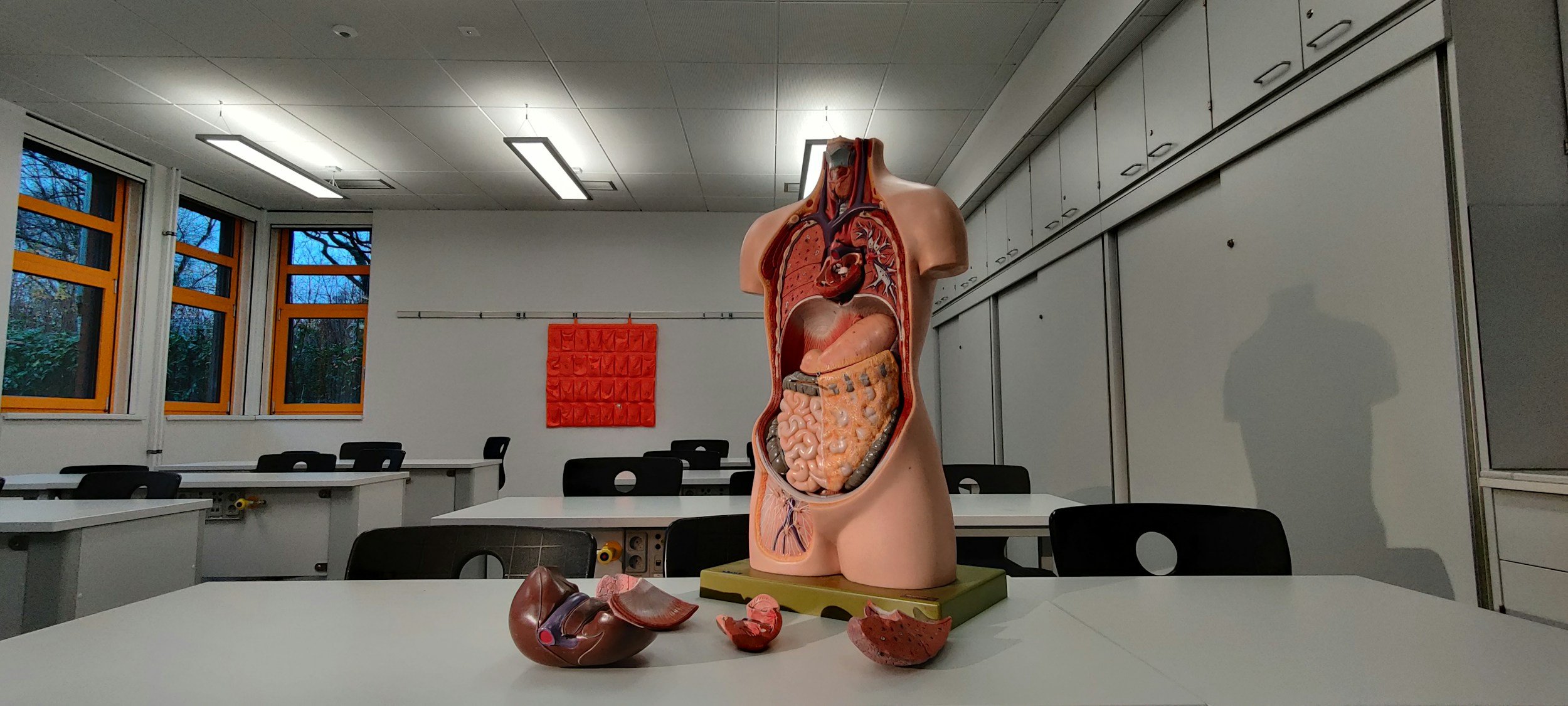
Demystifying body donation
Body donation is the act of giving your whole body after death to a medical school or research institution for use in education, research or training. So why do people choose to donate their bodies and how can you do it?
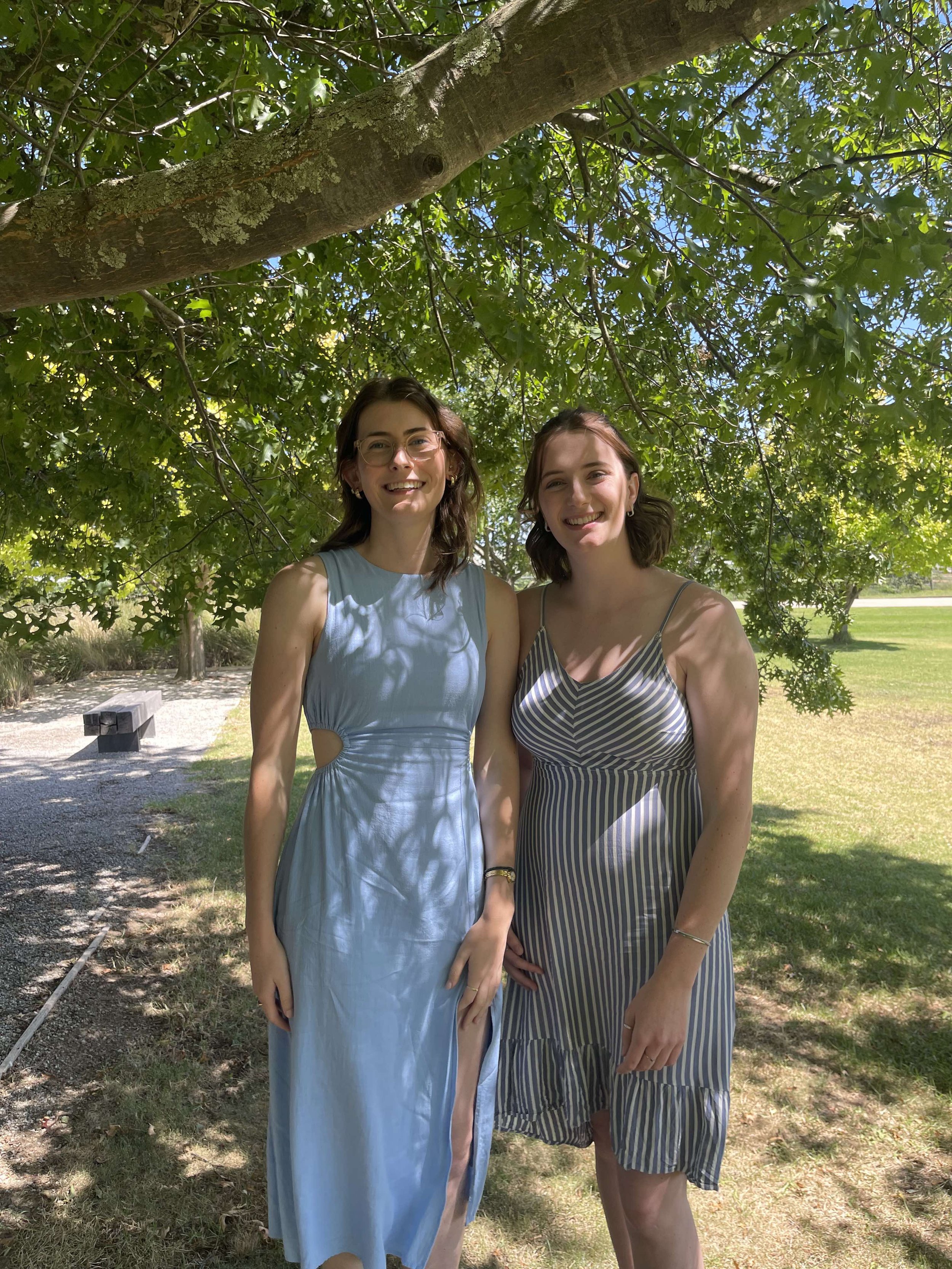
Doctors and death: A Dose of Grief
According to research, nearly 80% of doctors have experienced a distressing patient event in the last year, and many go on to suffer from depression, anxiety, and PTSD. Two Melbourne medical students, share how unprepared they felt to deal with the inevitable deaths of patients and how they are tackling this important issue.

Is death really taboo?
Sue Brayne has an MA in the Rhetoric and Rituals of Death and is an end-of-life researcher and she is the author of The D-Word: talking about dying.
In this blog for Part of Life, Sue explains how her work with the Death Café movement has led her to believe that talking about death is no longer the taboo it once was, but what we lack is the understanding of how to talk about death and dying.
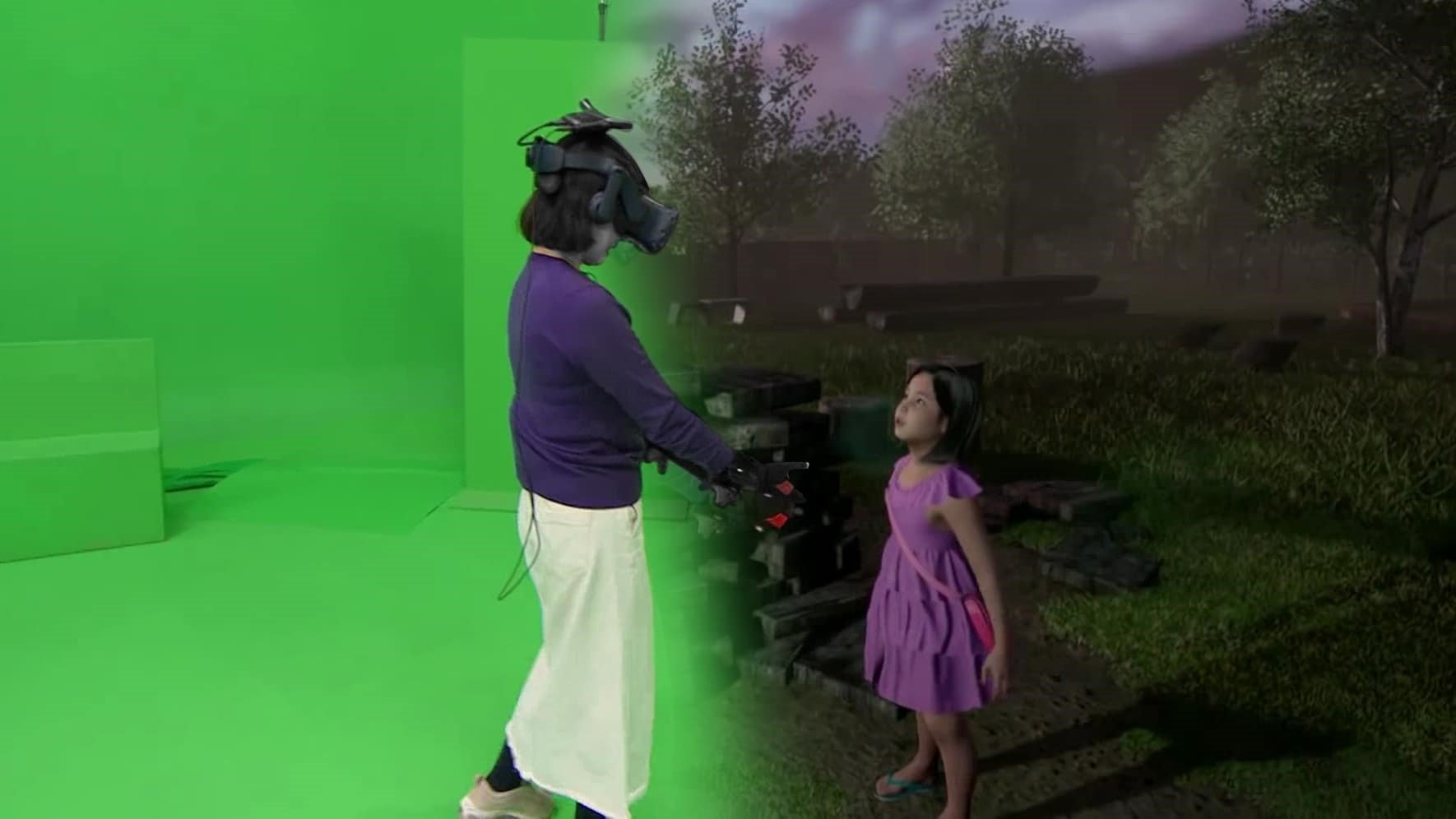
Review - ‘Eternal You’: a documentary about the Digital Afterlife Industry
Khadiza Laskor reviews ‘Eternal You’ for Part of Life: a documentary about the Digital Afterlife Industry, released in June 2024 at the Sundance Film Festival.
Khadiza is a third-year PhD Student at the University of Bristol’s Cyber Security Centre for Doctoral Training Programme.

Nature connectedness – Dorothy House’s Interactive Nature Trail
As a Hospice, Dorothy House’s vision is of a society where death is part of life. Through its seasons, nature reminds us of the fragility of life and offers peace and solace from sadness and overwhelm. Their ambition is to open up the site at Winsley, Bradford-on-Avon, to anyone wishing to find a wellbeing space to reflect in nature, or to find serenity in grief.
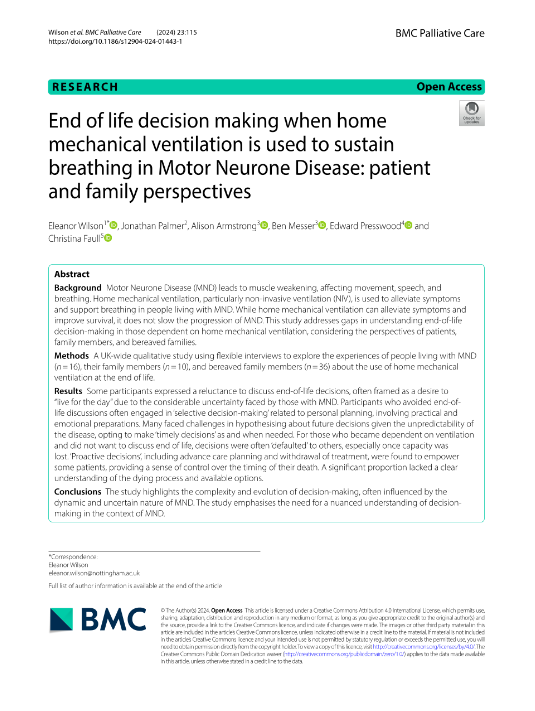
Motor Neurone Disease study findings published in BMC Palliative Care
21 June, 2024 marks Global Motor Neurone Awareness Day. This date is selected for the special reason that it marks a solstice seen by many as a turning point in the year; the start of a new season of hope. Research into MND, which affects 1 in 300, can help offer that hope.